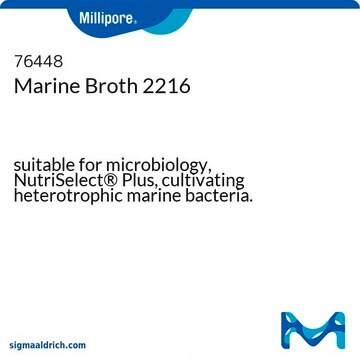T0502
Acide tridécanoique
≥98%
Synonyme(s) :
Tridecylic acid
About This Item
Produits recommandés
Source biologique
synthetic (organic)
Niveau de qualité
Pureté
≥98%
Forme
(powder, crystals or flakes)
Point d'ébullition
236 °C/100 mmHg (lit.)
Pf
41-42 °C (lit.)
Groupe fonctionnel
carboxylic acid
Type de lipide
saturated FAs
Conditions d'expédition
ambient
Température de stockage
−20°C
Chaîne SMILES
CCCCCCCCCCCCC(O)=O
InChI
1S/C13H26O2/c1-2-3-4-5-6-7-8-9-10-11-12-13(14)15/h2-12H2,1H3,(H,14,15)
Clé InChI
SZHOJFHSIKHZHA-UHFFFAOYSA-N
Vous recherchez des produits similaires ? Visite Guide de comparaison des produits
Description générale
Application
Mention d'avertissement
Warning
Mentions de danger
Conseils de prudence
Classification des risques
Eye Irrit. 2 - Skin Irrit. 2 - STOT SE 3
Organes cibles
Respiratory system
Code de la classe de stockage
11 - Combustible Solids
Classe de danger pour l'eau (WGK)
WGK 3
Point d'éclair (°F)
235.4 °F - closed cup
Point d'éclair (°C)
113 °C - closed cup
Équipement de protection individuelle
dust mask type N95 (US), Eyeshields, Gloves
Certificats d'analyse (COA)
Recherchez un Certificats d'analyse (COA) en saisissant le numéro de lot du produit. Les numéros de lot figurent sur l'étiquette du produit après les mots "Lot" ou "Batch".
Déjà en possession de ce produit ?
Retrouvez la documentation relative aux produits que vous avez récemment achetés dans la Bibliothèque de documents.
Les clients ont également consulté
Notre équipe de scientifiques dispose d'une expérience dans tous les secteurs de la recherche, notamment en sciences de la vie, science des matériaux, synthèse chimique, chromatographie, analyse et dans de nombreux autres domaines..
Contacter notre Service technique













